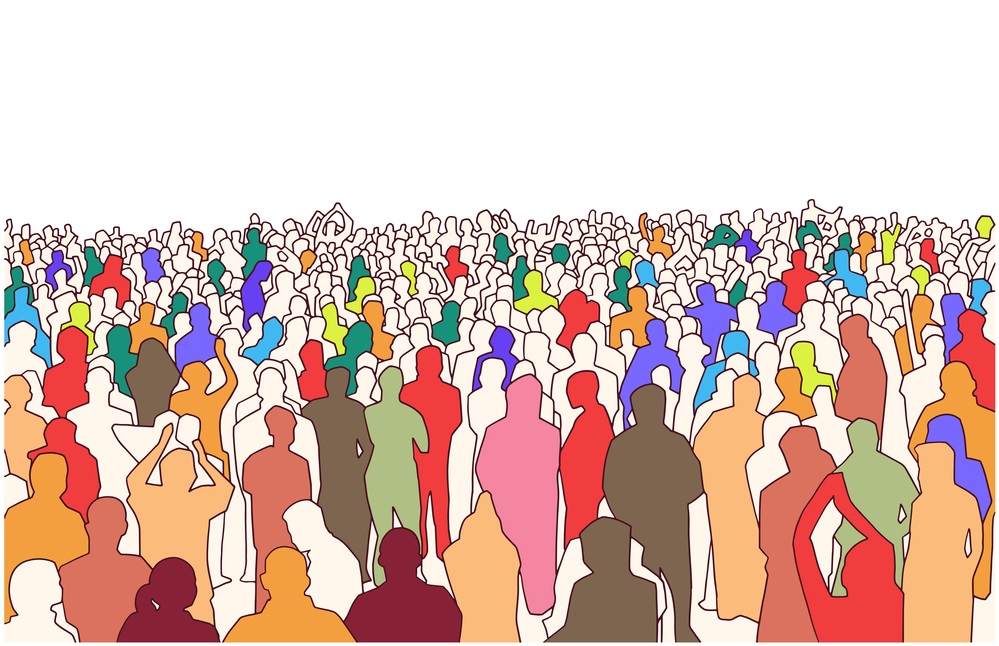- The Plucky Remnant
- Posts
- Democracy for liberal people
Democracy for liberal people
Market liberals need liberal democracy
I have been trying to lay out an argument for liberal democracy that follows from the principles and commitments of market liberalism. My argument now spans four pieces.
In Democracy for Liberal People Part 1, I showed the parallels between arguments for markets and democracy, two iterative/evolved social institutions that help us make use of distributed knowledge to deliver peace and prosperity. I drew on work from the libertarian scholar Don Lavoie to show how political culture is not only an unavoidable concern for liberals, but that it is only useful and sustainable when it is “open”.
In Democracy for Liberal People Part 2: with help from Kevin J. Elliott and his book Democracy for Busy People, I take Lavoie to task for conceptualizing a solution to the problem of unavoidable political culture that would be effectively exclusive and closed because it would be too costly for ordinary people to take part meaningfully. Cases for exclusive democracy neglect liberal insights about self-interest and rent seeking that would rarely be overlooked by market liberals in a conversation about the market.
But cases for more demanding democracy—not only deliberative democracy and direct democracy, but any onerous civic requirements—neglect Benjamin Constant’s observation that it is hard but necessary for those concerned with liberty to tend to the job of governance. The more costly we make politics, the more modern people will neglect their democratic duties, endangering liberal politics. I talked about this in my review of Democracy for Busy People, Democracy’s Opportunity Cost.
Some market liberals have looked at Constant’s concern and hoped that we can automate governance through good constitutional rules. The idea is that constitutional rules or other laws could severely and permanently constrain government to protect the stuff of modern liberty—namely, property rights—without putting ongoing political demands on citizens or dealing with the shortcomings of politics. The hope is to get the best of all worlds—all the time for the liberty of the moderns, none of the challenge or vulnerability of the liberty of the ancients, and no Napoleon. But this ignores one of the central insights of public choice: that politics is something that people do for a reason. There’s no way out of politics while hanging on to liberalism, and those who want “politics without romance” have to remember that, as I argued in The Other Kind of Romance in Politics.
Here are the four pieces together. They’re all hosted at Econlib.



